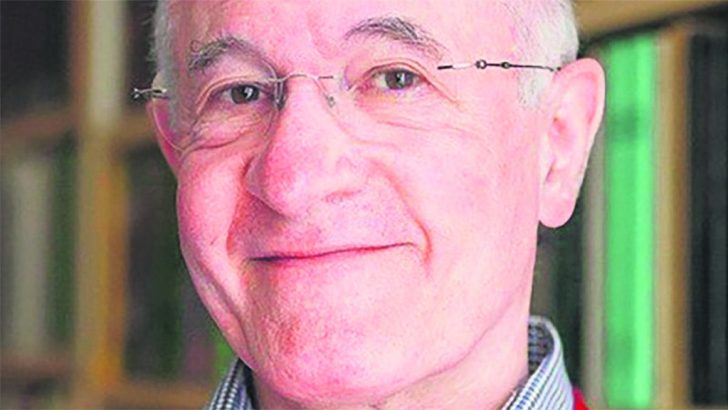Curing Mad Truths: Medieval Wisdom for the modern age
by Remi Brague (University of Notre Dame Press, $29.00 / £35.50)
Frank Litton
Critical thinking is important, we all agree. Of course, the appetite for it is never going to be strong. Most of us want instruction in what the fashionable are thinking. We are as unlikely to strike out in pursuit of our own truth as we are to stride out in bell-bottomed, flared jeans.
The status quo requires careful tending. It depends on our complacency and docility, as its guardians in the commentariat know well. Critical thinking is praised in theory, but avoided in practice. There is another obstacle. Critical thinking is difficult. How can we escape the status quo and find a perspective that brings its presuppositions into question?
Philosopher
Remi Brague, the eminent French historian and philosopher, has published three widely acclaimed studies that unravel the threads that combined Greek thought with Judaism, Christianity and Islam to shape our western notions of nature – The Wisdom of the World. The Human Experience of the Universe in Western Thought (2003); our understanding of law – The Law of God: The Philosophical History of an Idea (2007); and our conception what it means to be human – The Kingdom of man. Genesis and Failure of the Modern Project (2018).
All these attempt, as does this new title, to provide ‘Catholic ideas for a secular age’.
In recounting the conversations that once constituted western civilisation, Brague enriches the conversations that we could have about present predicaments.
And those conversations are needed as the status quo stumbles and falters in the face of globalisation, climate change and the emerging fragility of liberal democracies.
The width of learning and depth of understanding that make these volumes so valuable a contribution also makes for a challenging read. So we have good reason to welcome this present collection of essays, the first of his many books to be written in English.
Each of the nine essays invites us into a conversation about the limitations of the dominant conceptions of nature and our place within it, of ‘values’, of the family, of culture, in short of what it is to be human.
While he argues convincingly for the superiority of abandoned ways of thinking, Brague is not a ‘restorationist’ seeking to return us to an idealised past, his concern is to point out the weaknesses in the conversations we are having and so to improve them and our chances of a better future.
He is a delightful, witty, interlocutor. He makes his vast learning accessible and relevant, providing a master-class in critical thinking all can attend.


 Author Remi Brague
Author Remi Brague 